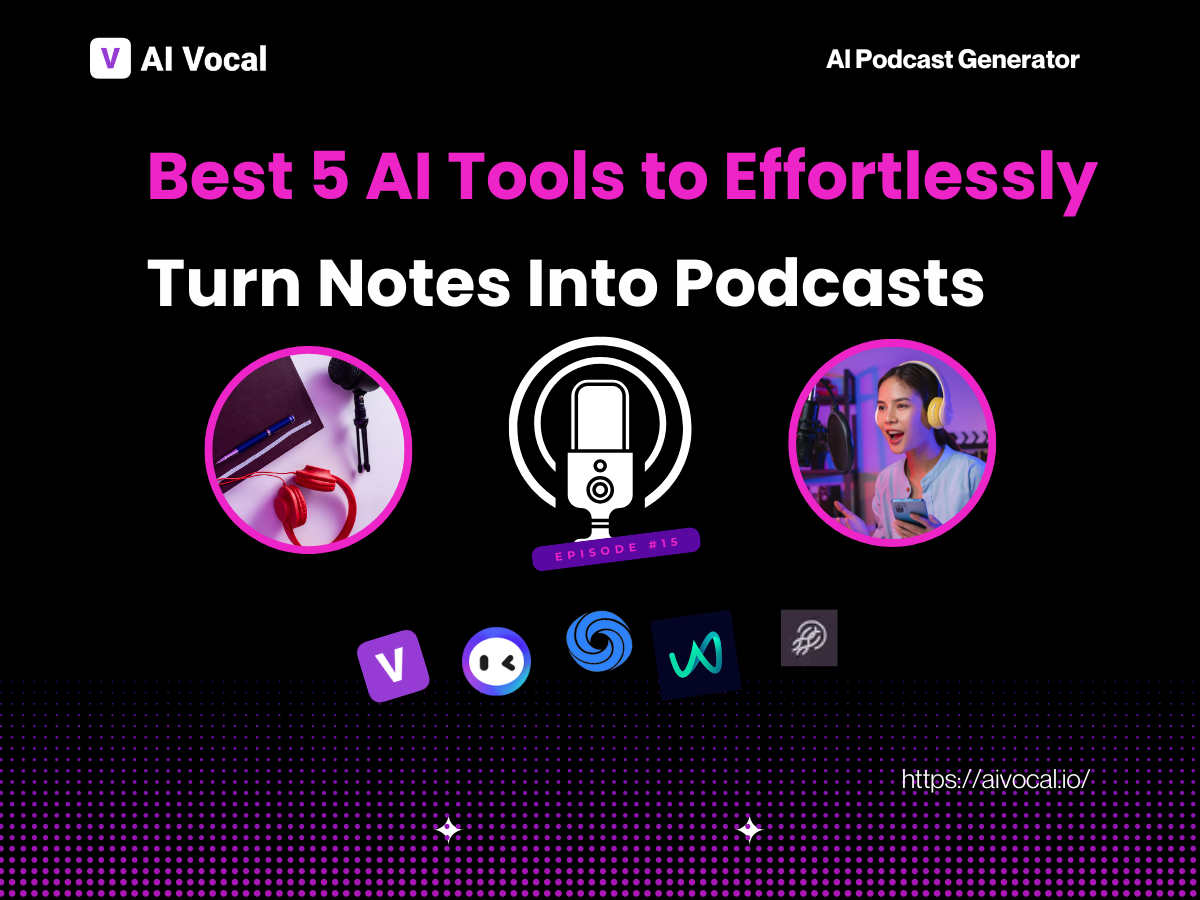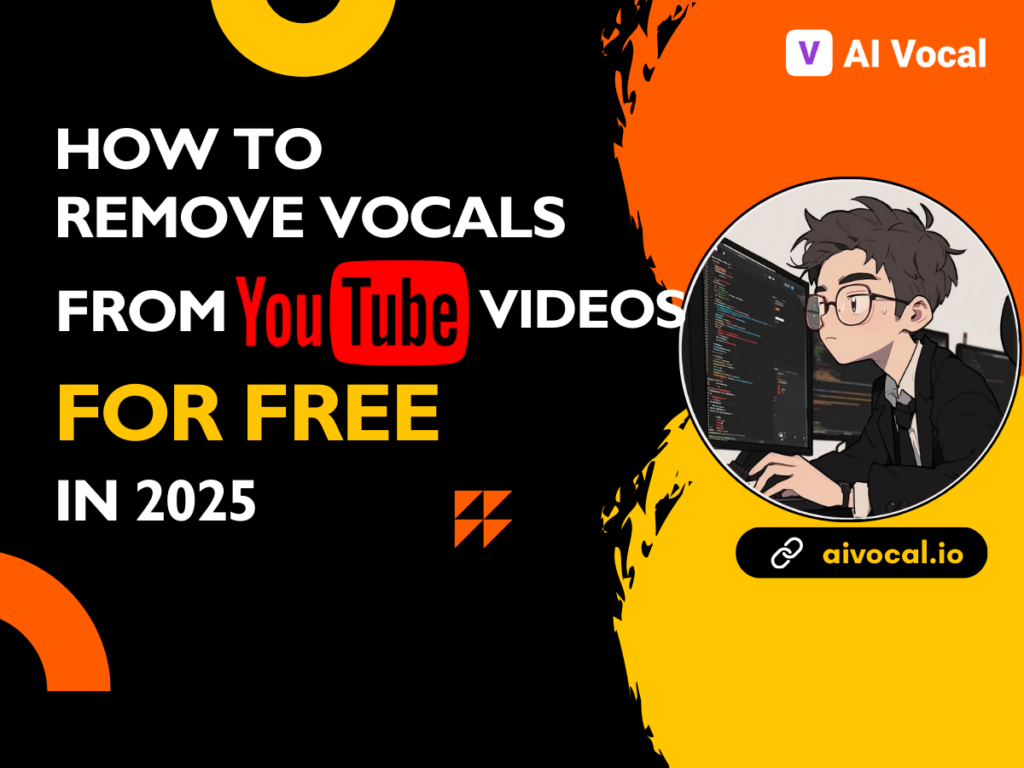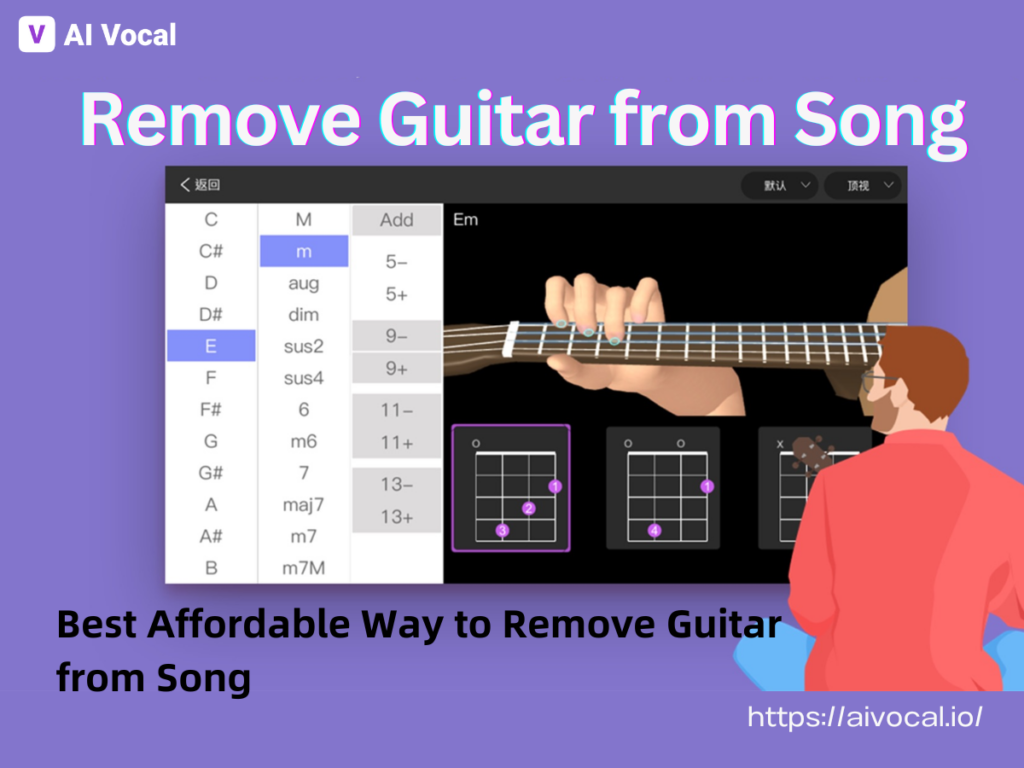Best AI Episode Generators for Podcasts and TV Shows in 2025

Contents
What is an Episode Generator?
Episode Generators are emerging as essential tools in today’s fast-paced digital content landscape. As creators race to keep up with demand for fresh, engaging episodes—whether for podcasts, web series, or TV shows—episode generators help streamline and automate parts of the creative process. These tools are designed to either select existing episodes randomly for user discovery or, more impressively, generate entirely new content using artificial intelligence. This growing interest reflects a broader trend: creators and brands are turning to automated content creation tools to reduce workload, inspire new ideas, and maintain consistency in publishing.
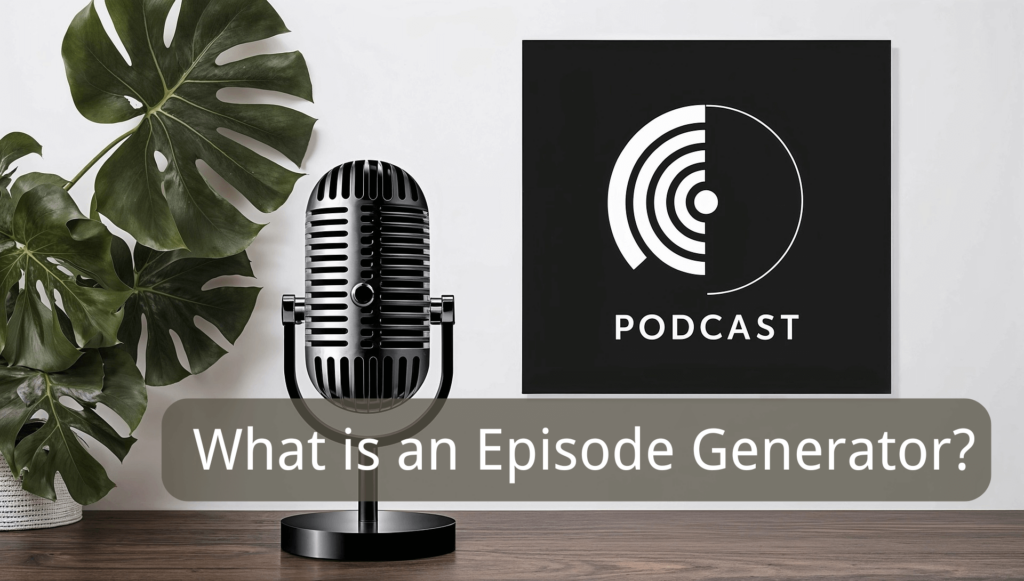
There are generally two types of episode generators: the first is the random episode selector, which simply recommends a random episode from a show—ideal for fans looking to rewatch content or explore something new. The second and more powerful category is the AI-generated episode creator, often referred to as an AI podcast episode generator. These tools use natural language processing and machine learning algorithms to craft unique podcast episodes from scratch—sometimes based on a user’s input, transcript, or topic. Whether you're a solo creator, a content marketer, or part of a media production team, AI-powered episode generators are transforming how episodic content is brainstormed, written, and distributed.
As the demand for serialized content grows across platforms like Spotify, YouTube, and Apple Podcasts, understanding and leveraging episode generators—especially those enhanced by AI—can offer a critical edge. They not only save time but also unlock new creative possibilities that manual production workflows can’t match.
Types of Episode Generators
Episode Generators come in various forms, each serving different creative needs across entertainment and content creation. Understanding the different types can help creators choose the right tool for their workflow.
Random Episode Generators

These tools randomly select existing episodes from TV shows, podcasts, or web series. They're popular among fans who want a spontaneous viewing or listening experience. For example, a random Seinfeld episode generator might help indecisive viewers jump into a nostalgic favorite without scrolling endlessly. While simple in function, they offer high engagement for users seeking surprise content.

These are advanced platforms that use artificial intelligence to generate entirely new episode content. A powerful subcategory is the AI podcast episode generator, which can produce full podcast scripts, suggest titles and outlines, and even generate the audio using text-to-speech (TTS) technology. Other AI episode generators extend to video content, creating animated episodes or video scripts based on user prompts or themes. These tools are ideal for creators who want to scale their production or explore new formats with minimal manual effort.
Genre-Specific Generators Some episode generators are tailored to specific genres such as comedy, horror, sci-fi, or drama. These niche tools apply tone, plot structures, and vocabulary unique to the genre, allowing for more immersive and thematically consistent output.
By choosing the right type of episode generator, creators can automate production, spark creativity, and maintain publishing consistency across platforms.
Popular AI Podcast Episode Generators
As podcast content creation becomes more automated and accessible, AI Podcast Episode Generators are gaining momentum. Below is a comparison of four leading tools, each designed for different use cases, creator skill levels, and production needs.
WriteCream AI Episode Generator

Ideal for: Scriptwriters, solo podcasters, and beginners looking to generate episode ideas and storylines quickly.
WriteCream offers an intuitive interface that allows users to generate episode scripts, outlines, and even sitcom plots in minutes. Its strength lies in creative writing generation across multiple genres. However, it doesn’t provide built-in audio generation or voice cloning, so users will need separate TTS tools for full podcast creation.
AIVocal AI Podcast Generator
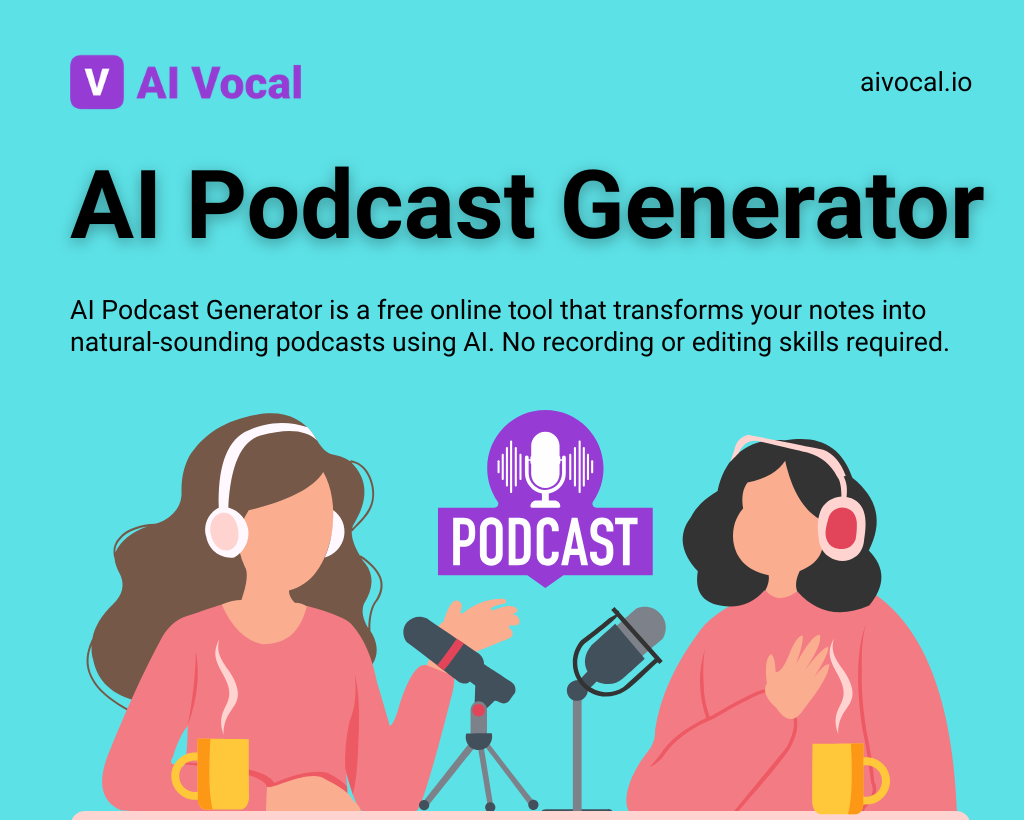
Ideal for: Educators, marketers, and content teams focused on converting written material into podcast-ready audio.
AIVocal specializes in AI voice generation, enabling users to turn blog posts, articles, or scripts into professional-sounding podcasts. It supports multilingual voices and custom voice cloning. It excels in audio fidelity but lacks creative scripting or content structuring features.
Jellypod AI Podcast Studio

Ideal for: Startup teams and media producers scaling podcast operations.
Jellypod offers end-to-end podcast automation—from script generation to AI voice output and episode packaging. With customizable AI hosts and realistic dialogue, it’s great for serial storytelling or brand-driven shows. Higher pricing and technical setup may deter beginners.
Monica AI Podcast Generator

Ideal for: Knowledge workers and students turning informational content (like YouTube videos, PDFs, articles) into podcast form.
Monica excels in summarizing and narrating existing material. Its seamless TTS integration makes it ideal for converting research or news into spoken content. It's not designed for original storytelling or entertainment-focused episodes.
| Tool | Ideal For | Key Features | Advantages | Limitations | Ease of Use |
| WriteCream | Creative writers, solo podcasters, beginners | Episode script generator, genre-based storytelling, sitcom outlines | Intuitive UI, multi-genre support, fast content generation | No audio/TTS or voice generation | ⭐⭐⭐⭐☆ (Very Easy) |
| AIVocal | Educators, marketers, teams repurposing text | Multilingual TTS, voice cloning, natural-sounding AI voices | High-quality audio, fast blog-to-podcast conversion | No content/script generation, text input required | ⭐⭐⭐☆☆ (Easy) |
| Jellypod | Startups, content studios, scalable productions | Script + audio generation, AI co-hosts, automation | End-to-end production, customizable voices, realistic dialogue | Higher pricing, more complex onboarding | ⭐⭐☆☆☆ (Moderate) |
| Monica AI | Researchers, students, news curators | Converts web pages, PDFs, YouTube into podcasts | Fast summarization, high-quality narration, ideal for learning | Not suitable for fictional/creative content | ⭐⭐⭐⭐☆ (Very Easy) |
For creative control and story-building, go with WriteCream. If audio production is your focus, AIVocal and Monica shine. Jellypod is ideal for full-stack automation at scale. Consider your content goals, technical skills, and budget when choosing.
Benefits of Using AI Episode Generators

Episode Generators, especially AI-powered ones, are transforming the way content is created and consumed—offering unique benefits to various types of users.
For Content Creators, tools like Toolsaday TV Episode Creatorand AI4Chathelp streamline the brainstorming and scripting process, enabling faster idea generation for video or podcast episodes. Whether you're a solo podcaster or part of a media team, these platforms reduce content fatigue and help maintain a consistent publishing schedule.
For Viewers and Fans, episode generators—especially random ones popular on platforms like Reddit—inject variety and spontaneity into entertainment habits. They help users discover forgotten or underrated episodes, and sometimes even spark community discussions or fan theories.
For Educators and Trainers, AI episode generators allow the creation of realistic scenarios and dialogue simulations. Teachers, language tutors, or corporate trainers can use AI to generate episodes that mimic real-world conversations, role plays, or industry-specific case studies—improving engagement and learning outcomes.
In addition, these tools support multilingual content, reduce production costs, and open the door to creative formats that would otherwise require entire production teams. Whether for fun, education, or marketing, AI Episode Generators make high-quality episodic content more accessible, efficient, and customizable than ever before.
How to Choose the Right AI Episode Generator

With so many AI Episode Generators on the market, selecting the right one depends on a clear understanding of your goals and workflow. The first step is to identify your needs. Are you looking to create original podcast episodes with AI voices, generate TV-style scripts for entertainment, or produce educational dialogue simulations? For example, if your goal is creative storytelling, platforms like BoredHumansor AI4Chatoffer fun, randomized episode prompts. In contrast, if you're focused on professional podcast production, tools with TTS (text-to-speech) and script editing features are more suitable.
Next, evaluate features. Look for platforms that offer content customization, multilingual support, voice cloning, or specific genre templates. A clean and intuitive user interface is essential for fast iteration, especially for solo creators or small teams. Also assess the content quality—some tools may generate grammatically correct content but lack tone consistency or engagement.
Don’t forget to consider compatibility. Check whether the tool integrates with your existing software stack—Google Docs, Notion, Descript, or RSS feed tools, for instance. Seamless integration means fewer manual steps and more automation.
Ultimately, the right AI episode generator should balance functionality, creativity, and usability—supporting your workflow rather than complicating it.
Integrating Episode Generators into Your Workflow
Effectively using AI Episode Generators means more than just clicking a button—it’s about thoughtfully weaving them into your existing content creation workflow. Start with content planning. Many creators use episode generators to fill out content calendars, especially during creative slumps. By generating outlines or full scripts in advance, tools like AI4Chat or WriteCream help you stay consistent and avoid last-minute scrambles.
Next, focus on audience engagement. Generated episodes can serve as the foundation for community discussions, live reactions, or even fan voting on plot developments. For podcasters, this might mean releasing an AI-generated mini-episode and asking listeners to vote on what happens next. For educators, it could involve using generated dialogue scenarios during interactive workshops or classroom debates.
Finally, establish feedback loops. Use analytics, surveys, or comment sections to monitor how your audience reacts to AI-generated content. Which episodes performed best? Which tones, characters, or formats resonated most? This feedback is crucial for fine-tuning future outputs and training custom models, if supported by your chosen generator.
By embedding AI Episode Generators into your planning, engagement, and feedback processes, you’ll unlock a sustainable, scalable, and data-driven approach to episodic content creation.
FAQ Section: People Also Ask

Q1: What is an episode generator?
An episode generator is a tool that automatically creates or suggests episode content for podcasts, TV shows, or other formats—either randomly or based on user inputs.
Q2: How do AI episode generators work?
AI episode generators use natural language processing and machine learning to generate scripts, dialogues, or summaries. Some also include voice synthesis (TTS) or visual elements for video episodes.
Q3: Are episode generators suitable for all types of content?
Most are best suited for podcasts, storytelling, educational content, and entertainment. However, their suitability depends on the genre and depth of customization needed.
Q4: Can I customize the output of an episode generator?
Yes. Many tools let you input prompts, choose tones, genres, and formats. Advanced platforms even allow voice selection, multilingual scripts, or branded templates.
Q5: Are there free episode generators available?
Yes, several platforms offer free versions or trials—such as BoredHumans, Toolsaday, and AI4Chat—though premium features like TTS or long-form scripts may require payment.
Conclusion
Episode Generators are emerging as essential tools in today’s fast-paced digital content landscape. As creators race to keep up with demand for fresh, engaging episodes—whether for podcasts, web series, or TV shows—episode generators help streamline and automate parts of the creative process. These tools are designed to either select existing episodes randomly for user discovery or, more impressively, generate entirely new content using artificial intelligence. This growing interest reflects a broader trend: creators and brands are turning to automated content creation tools to reduce workload, inspire new ideas, and maintain consistency in publishing.
There are generally two types of episode generators: the first is the random episode selector, which simply recommends a random episode from a show—ideal for fans looking to rewatch content or explore something new. The second and more powerful category is the AI-generated episode creator, often referred to as an AI podcast episode generator. These tools use natural language processing and machine learning algorithms to craft unique podcast episodes from scratch—sometimes based on a user’s input, transcript, or topic. Whether you're a solo creator, a content marketer, or part of a media production team, AI-powered episode generators are transforming how episodic content is brainstormed, written, and distributed.
As the demand for serialized content grows across platforms like Spotify, YouTube, and Apple Podcasts, understanding and leveraging episode generators—especially those enhanced by AI—can offer a critical edge. They not only save time but also unlock new creative possibilities that manual production workflows can’t match.
